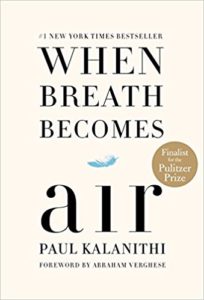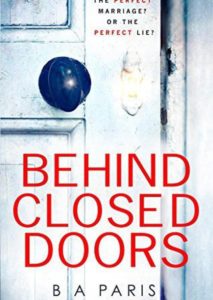In my life before my son and Grammatical Art, I was a career public librarian. I’m probably not who you imagine a librarian to be since I got into libraries when I was 23 and not gray-haired. I was lucky to appreciate libraries, having grown up with a librarian mom, but it wasn’t something that it seemed like my peers gave much thought to beyond needing their college library for research.
I’m here to tell you that in my (pretty biased) opinion, public libraries are amazing. There is so much good there, and pretty much 99.9% of it is available to you for free. If you don’t want to take my word for it, you can read Wil Wheaton’s post about libraries here or Neil Gaiman’s lecture on their awesomeness.
Here are a few of the reasons public libraries are so great:
- Free wifi.
- Quiet working spaces (just throwing some shade at your fav coffee shop).
- Free materials to borrow (you’re not still in 1984, so you know you can borrow TV and movies on DVD and blu-ray, right? Also video games, toys, and some even lend tools!).
- Free e-books for your Kindle or favorite digital reading device. The best part is: no fines or fees! The book automatically disappears from your device when it’s due. You can even check out a Kindle if you don’t own one at most libraries.
- Classes galore: yoga, computer programming, small business info, gardening, line dancing, movie nights, storytimes, sleepovers, gaming, foreign language, maker workshops, and on and on and on.
- Meeting spaces for community gatherings, non-profits, workshops, you name it.
- Free help! Librarians are paid to help you with everything and anything you need. They’re available in the building, by phone, even online through email and chat.
- Books for days, y’all. Books for days.
These things are all phenomenal, of course, but they are really all pieces of a whole. The most wonderful thing about libraries is that they are community spaces free of politics, religion, and judgment. They provide access for all and to all. Your right to freedom of information is a founding principle of our country and one that libraries and librarians fiercely, devotedly, doggedly protect, even in the face of the PATRIOT Act and as privacy becomes more vague and elusive.
At Grammatical Art, we love our books and we love our libraries. Show your library pride with our awesome tees, totes, and prints!





